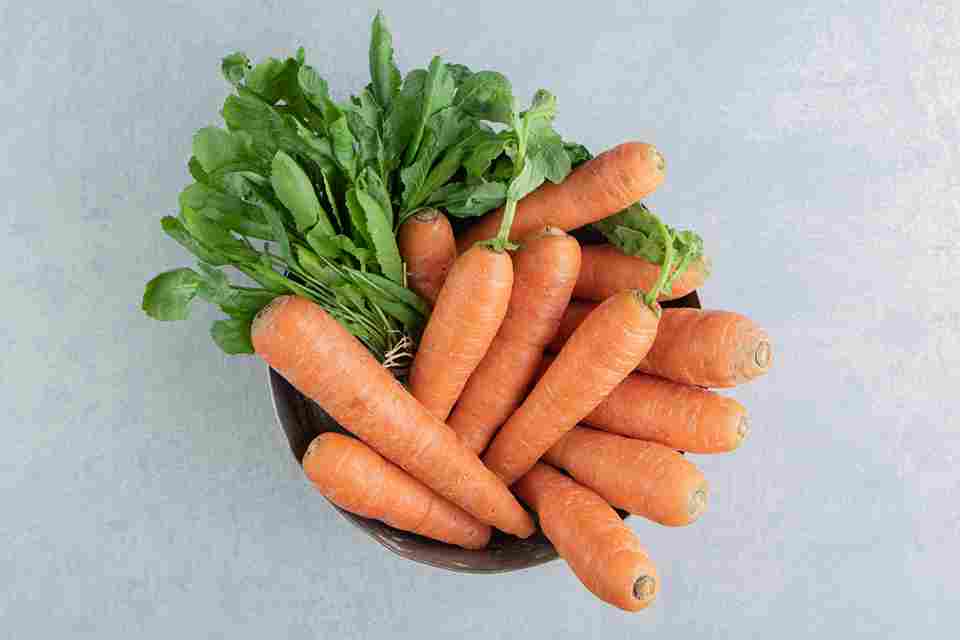Is your dandruff linked to what you consume? If yes, then it is essential to have a look at your diet and make necessary adjustments that can improve scalp health and reduce dandruff.
Dandruff, often referred to as seborrhoeic dermatitis, is a common scalp condition that causes flakes of dead skin on the scalp and causes itchiness and redness around the affected area. It is not a contagious condition, meaning it cannot be transferred from one person to another. However, the severity of the condition can lead to various hair problems, including dryness, brittleness, and increased hair fall.
Dandruff is usually seen as visible flakes of dead skin cells on the scalp and hair and also appears as yellowish or white in colour on the shoulders, hair, and eyebrows. Alongside this, one also experiences itching, irritation, and inflammation of the scalp, which can lead to discomfort.
Dandruff and Diet: What’s the Link?
Other than dryness or oily skin, dandruff can also be caused by poor diet. That’s why it is essential to take a look at your diet to see if it may lead to dandruff. Nutrition plays a crucial role in maintaining scalp health, as it helps provide vital nutrients that support the structure and function of the scalp. For healthy hair and scalp, you should avoid certain foods like processed, high-sugar-containing foods, fatty foods, and fried foods.

How do nutrients support healthy hair?
What we consume has a significant impact on our hair follicles and scalp environment; thereby, consuming a well-balanced diet with essential nutrients like vitamins, minerals, zinc, and proteins can promote healthy and lustrous hair. Let’s have a look at how nutrition affects scalp health.
- Sebum Production
Vitamins such as zinc and A regulate sebum production in the scalp. Sebum is an oily substance that moisturises and prevents your scalp from drying. This substance is produced by sebaceous glands and helps moisturise the scalp and hair.
- Balance the pH
To maintain the health and integrity of the hair, it is essential to regulate the pH value of the hair. Any imbalance in the pH value of hair can lead to various scalp issues like dryness, itching, and dandruff.
To maintain the balance of the hair’s pH value, you can have nutrients like vitamin A, which is available in foods like carrots, spinach, kale, and mangoes.

- Inflammation control
Inflammation is one of the symptoms associated with dandruff, and controlling it with anti-inflammatory foods can lead to healthier hair.
Some of the best options for anti-inflammatory foods are fish like salmon, almonds, citrus fruits, and strawberries.

- Blood circulation
For healthy hair follicles, proper blood circulation is necessary, as it delivers oxygen and nutrients to the scalp and hair follicles. Some nutrients, such as omega-3 fatty acids and vitamin C, can promote healthy blood flow, which leads to less development of white flakes.

- Strengthen the follicles
Several nutrients, like biotin, iron, vitamin C, and zinc, can strengthen the hair follicles and also promote healthy hair growth. Including these essential nutrients in your diet can increase hair follicle strength.
CONCLUSION
Dandruff is a common condition that affects most people worldwide and can be caused by various reasons, like an unhealthy diet, an improper hair care routine, using chemical products, and stress.
Nutrition plays a very important role in managing dandruff and maintaining healthy hair follicles. Some essential nutrients, such as vitamin A, zinc, biotin, antioxidants, and lean proteins, can help regulate collagen and sebum production, reduce inflammation, and maintain the pH value of the hair, which lessens the symptoms associated with dandruff.
If your dandruff condition is getting worse, it is essential to reach out to Ayursparsh Clinic and Panchakarma Center, one of the most renowned wellness centres in Dharwad, Karnataka.
Treat your hair concern by consulting Dr. Rashmi C. Patil, MD (Ayu), who offers personalised treatment based on your specific condition.

